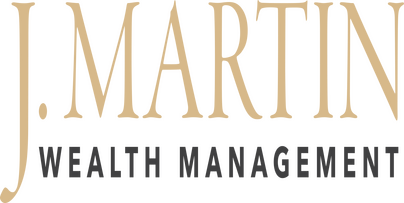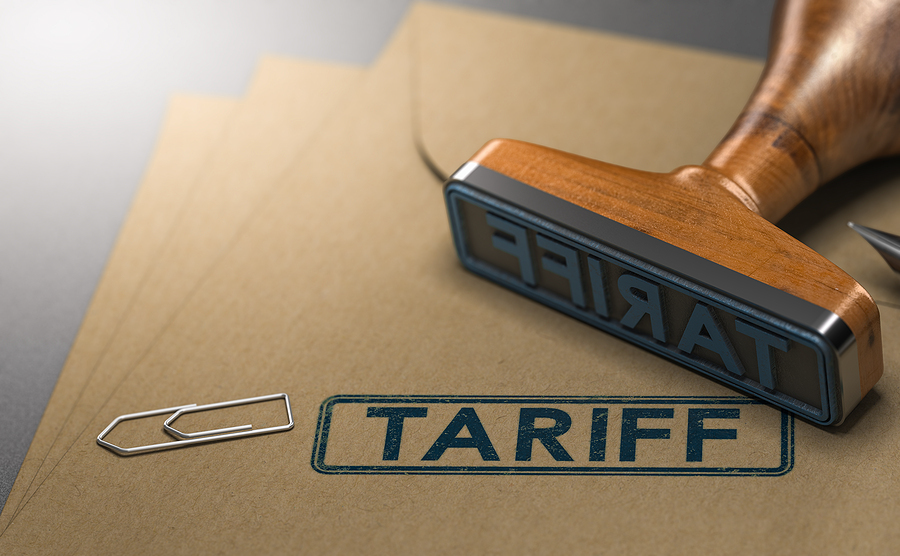Tariffs are pivotal in shaping domestic and global trade policies and economic events. Implementing tariffs may impact countries, manufacturers, businesses, and investors alike.
Therefore, understanding the correlation between tariffs and an investor's portfolio performance is vital. Here, we provide a brief history of tariffs, their significance, and how they impact investors.
Tariffs and policies
Tariffs have a long history in the U.S. as they were once a significant source of governmental revenue; in 1913, income tax replaced tariff monies. In 1930, the Smoot-Hawley Tariff Act increased tariffs on over 20,000 imported goods, triggering a trade war that prolonged the Great Depression.
The U.S. has continued its policy on tariffs for various reasons, such as to protect domestic interests, as leverage in negotiations, and to capture a share of global wealth.
Other policies have emerged, signaling a shift toward imposing tariffs on imported goods worldwide:
- 1947- The General Agreement on Tariffs and Trade (GATT)
- 1995- The World Trade Organization's agreement on trade equalization and reducing tariff barriers.
A tool with far-reaching implications
Tariffs help protect manufacturers and businesses from foreign competition and promote new job creation and economic growth in specific sectors.
However, tariffs have become more political, a tool a government may use to equalize or harm foreign investment, which may increase political tension.
Tariffs should lead consumers to seek domestic products over foreign ones. However, this theory may not be viable:
- U.S. manufacturers can't meet the increase in product demand
- U.S. businesses offer no viable domestic alternatives
- Consumers experience higher prices
- Import volume decreases
- Competition shrinks
- Retaliatory tariffs
- Consumer spending decreases
- Little or no benefit to domestic manufacturers and businesses
A ripple effect
Tariffs can hit various sectors hard and affect portfolio performance. Investors must understand the balance between tariffs, sector performance, and how their portfolio asset allocation strategy relates to the global economy.
Investors must meet with their financial professionals to help them gain insights into the potential impacts of tariffs on their portfolios. Optimizing one’s investment strategy, navigating the financial markets, and preparing for the various factors shaping the market may be beneficial during this period of tariffs and market fluctuation.

